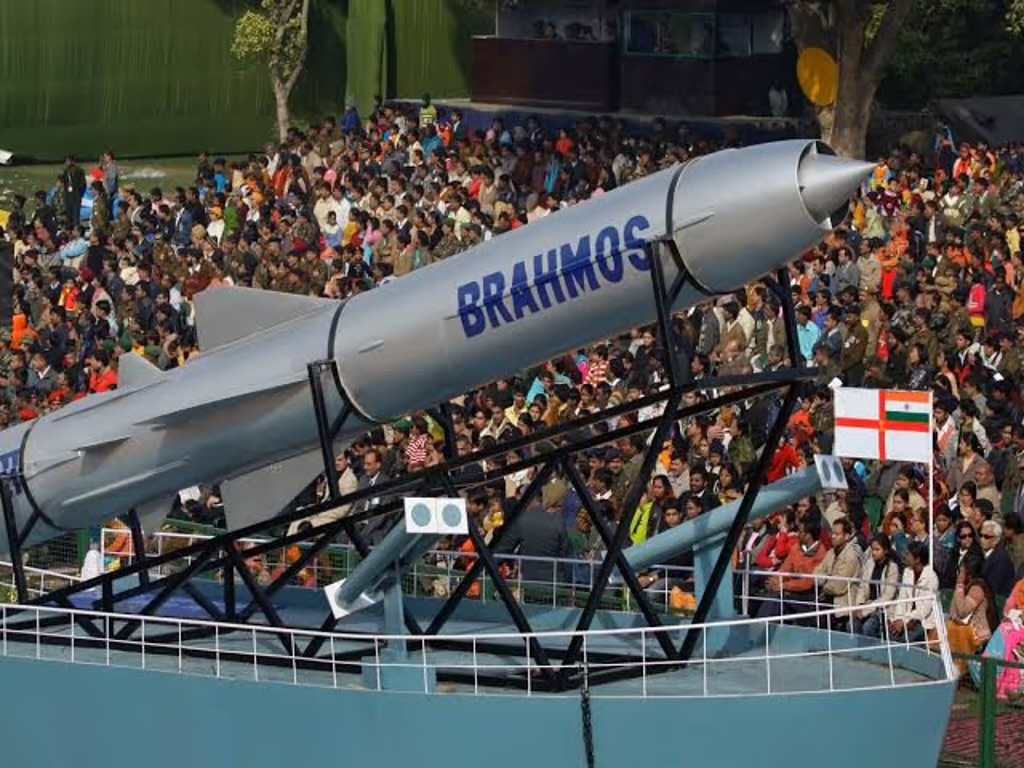Indonesia’s defense ministry has taken a significant step to strengthen its military by finalizing a $450 million agreement to purchase BrahMos missiles from India. This deal signals the deepening of defense cooperation between the two nations and aims to enhance Indonesia’s security in a region marked by rising tensions.
Strengthening Defense Amid Regional Tensions
Indonesia is looking to bolster its military capabilities as it navigates growing concerns over China’s increasing influence in the South China Sea. The BrahMos missile, known for its precision and speed, is expected to provide Indonesia with a strategic edge. This acquisition highlights Indonesia’s commitment to safeguarding its maritime boundaries and ensuring regional stability.
The BrahMos missile, developed by India in collaboration with Russia, is one of the fastest cruise missiles in the world. It is highly effective for both land and sea targets, making it an ideal choice for a nation with vast coastlines and critical maritime interests.
Challenges in Financing the Deal
While the agreement is a major milestone, securing funds for the deal has encountered challenges. Initial plans involved financing through India’s Export-Import (EXIM) Bank, but this did not materialize. Despite this setback, Indonesia has shown determination to proceed with the purchase. Reports suggest that India may offer alternative financing options through national banks like the State Bank of India.
These financial arrangements underscore the importance both nations place on this defense partnership. By facilitating the deal, India also positions itself as a reliable supplier of advanced defense technology to Southeast Asia.
A Milestone in India-Indonesia Relations
The missile deal comes at a time when India and Indonesia are strengthening their economic and political ties. Indonesia joined the BRICS group in January last year, becoming part of an intergovernmental organization that includes Brazil, Russia, India, China, and South Africa, among others. This membership not only boosts Indonesia’s global standing but also opens avenues for Indian Rupee-Indonesian Rupiah transactions.
These developments highlight Indonesia’s strategic pivot toward India, as both nations seek to collaborate on defense, trade, and regional security issues. The BrahMos missile deal is a tangible outcome of this growing partnership.
Indonesia’s Push for Advanced Defense Systems
Indonesia’s decision to acquire the BrahMos missile is part of a broader effort to modernize its military. With growing maritime threats and territorial disputes in the region, Indonesia recognizes the need for cutting-edge weaponry. The BrahMos missile, with its versatility and advanced technology, is expected to be a game-changer for Indonesia’s defense forces.
This acquisition aligns with Indonesia’s strategy to strengthen its defense sector while balancing its relationships with major global powers. The country is positioning itself as a key player in Southeast Asia’s security landscape.
India’s Role as a Defense Exporter
For India, the deal marks another milestone in its push to become a global defense exporter. The BrahMos missile has already gained attention from other nations, with the Philippines being its first international buyer. Indonesia’s purchase reinforces India’s reputation as a trusted partner in defense technology.
This deal also reflects India’s growing influence in Southeast Asia. By providing advanced defense systems, India strengthens its ties with neighboring nations and contributes to the region’s stability.
Future Implications
The successful completion of this deal could pave the way for further defense collaborations between India and Indonesia. It may also encourage other nations in Southeast Asia to explore similar partnerships with India.
Indonesia’s acquisition of BrahMos missiles is a significant step in addressing regional security challenges. It underscores the importance of strong international partnerships in maintaining peace and stability. As both nations move forward, this deal stands as a testament to their shared commitment to security and cooperation.

